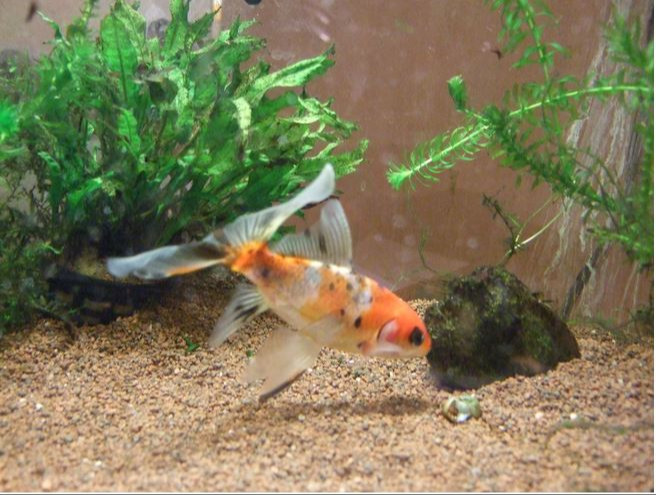
Descriptif
Objectifs pédagogiques
effectifs minimal / maximal:
8/48Diplôme(s) concerné(s)
- Ingénieur AgroParisTech
- Accueillis cursus ing 2e et 3e année (erasmus et école)
- Accueillis IAE forestiers (ingénieurs de l'Institut Agro Dijon)
UE de rattachement
- 2A-UEchoix-S1 : UE à choix Semestre 1
domaines ParisTech
Nutrition - Santé, Sciences animales.Pour les étudiants du diplôme Ingénieur AgroParisTech
Maitrise de l'anglais suffisante pour suivre des cours et TD (accompagement en français possible) et pour donner une présentaiton orale en anglais.
Pour les étudiants du diplôme Accueillis cursus ing 2e et 3e année (erasmus et école)
Maitrise de l'anglais suffisante pour suivre des cours et TD (accompagement en français possible) et pour donner une présentation orale en anglais.
Format des notes
Numérique sur 20Pour les étudiants du diplôme MASTER - NUTRITION ET SCIENCES DES ALIMENTS
Pour les étudiants du diplôme Accueillis cursus ing 2e et 3e année (erasmus et école)
Le rattrapage est autorisé (Max entre les deux notes)- le rattrapage est obligatoire si :
- Note initiale < 6
- le rattrapage peut être demandé par l'étudiant si :
- 6 ≤ note initiale < 12
Le coefficient de l'UE est : 2.5
Pour les étudiants du diplôme Accueillis IAE forestiers (ingénieurs de l'Institut Agro Dijon)
Le rattrapage est autorisé (Max entre les deux notes)- le rattrapage est obligatoire si :
- Note initiale < 6
- le rattrapage peut être demandé par l'étudiant si :
- 6 ≤ note initiale < 12
Le coefficient de l'UE est : 2.5
Pour les étudiants du diplôme Ingénieur AgroParisTech
Le rattrapage est autorisé (Max entre les deux notes)- le rattrapage est obligatoire si :
- Note initiale < 6
- le rattrapage peut être demandé par l'étudiant si :
- 6 ≤ note initiale < 12
Le coefficient de l'UE est : 2.5
Programme détaillé
Lectures on the link between neurons and behaviour, develipment and personality, learning in invertebrates and vertebrates, eating behaviour, the neurobilogy of Drosphila melanogaster, sex and the brain, measuring behaviour, animal well-being and ethics. Tutorials on the Open Field test (stress) and on standard behavioural tests. Oral presentations of scientific articles.
Mots clés
Comportement, neurones, animaux d'élevage, insectes, apprentissage, nutrition, sexeMéthodes pédagogiques
Cours, TDSupport pédagogique multimédia

